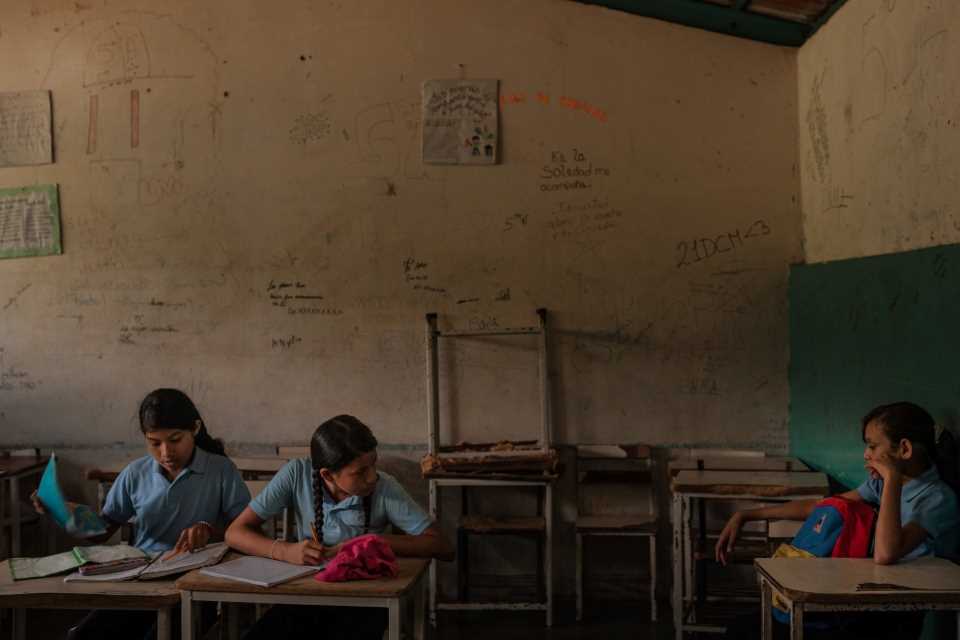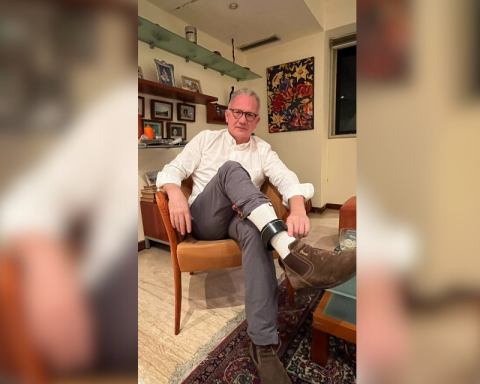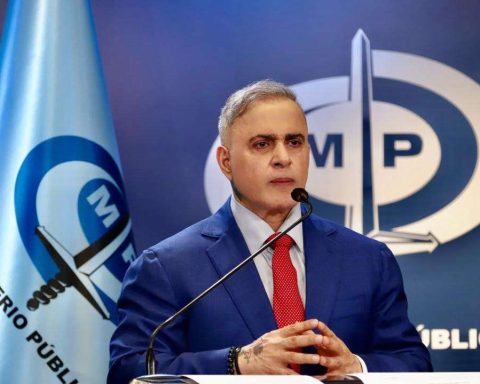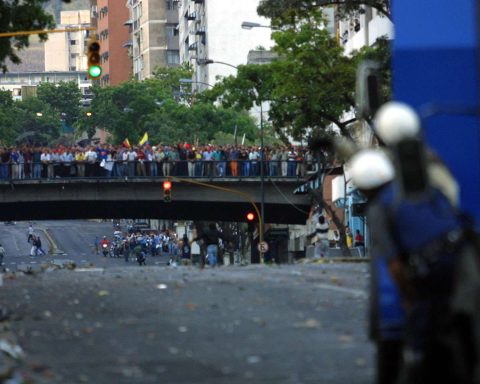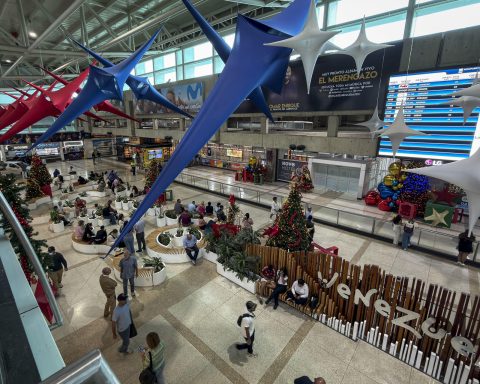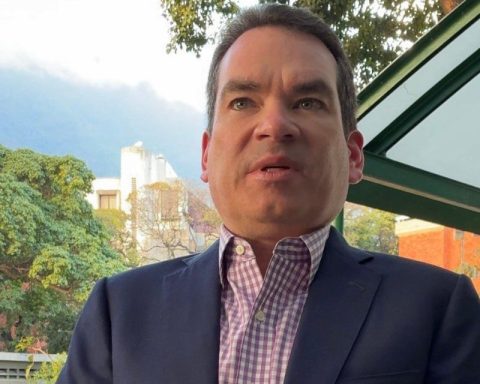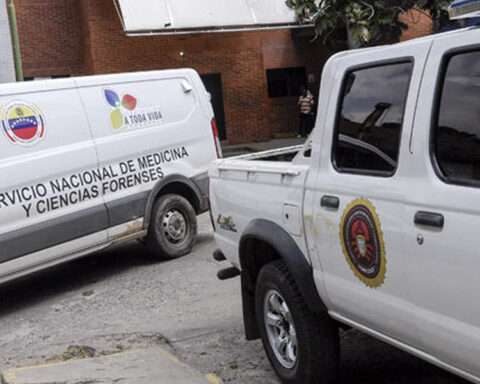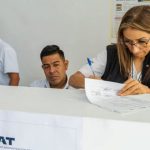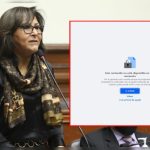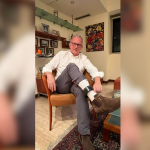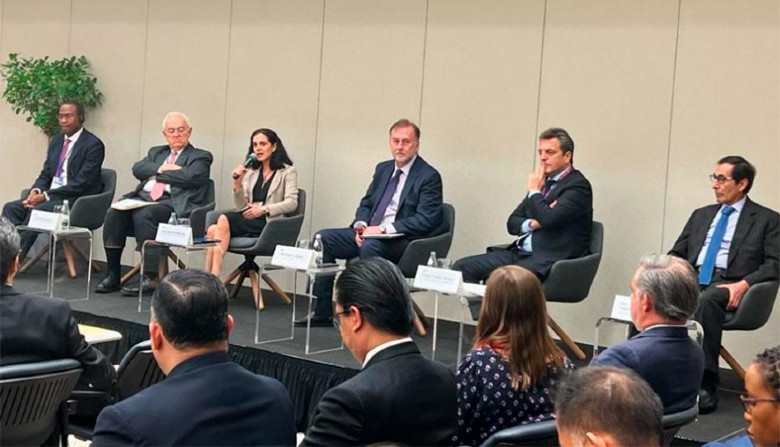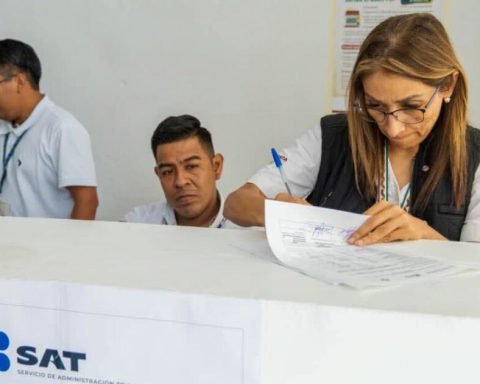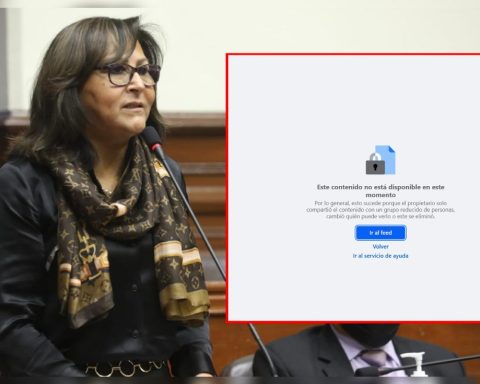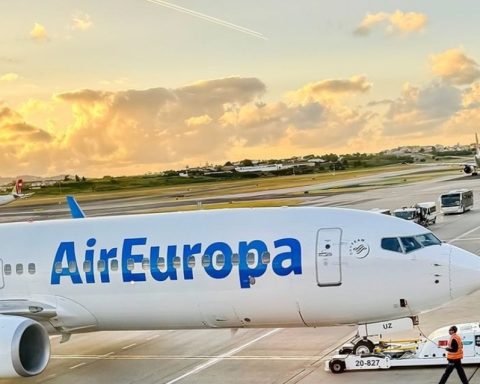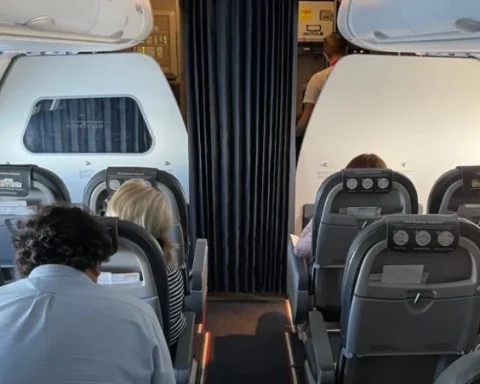With the aim of giving a balance about the start of the 2022-2023 school year, the Humanitarian Social Observatory met with several experts from the educational area who gave their point of view in the forum Where is education going? The director of the NGO Un Estado de Derecho, Antonio Canova, affirmed that “the educational State must be eliminated. Education is too important to leave it to the state.
According to article 102 of the Constitution “education is a human right and a fundamental social duty, it is democratic, free and compulsory. The State will assume it as an unavoidable function and of maximum interest in all its levels and modalities. Although the Government has different plans that ensure that this article is complied with, the start of this new school term, on October 3, was clear evidence to the contrary.
The first week of classes of this 2022-2023 school period was marked by absenteeism, a product of failures in the school system ranging from appalling infrastructure conditions to the lack of educators who have raised their voices in recent weeks to demand their labor rights. . In addition to this, the economic situation of many households made the purchase of uniforms and school supplies a challenge.
That is why, in order to offer a balance about the start of the current school year and talk about the direction of Venezuelan education, the Humanitarian Social Observatory met last Tuesday, October 11, a panel of experts in the field who were heard during the forum Where is education going?
*Also read: Few students and deteriorated schools marked the start of classes 2022-2023
The founding president of the National Federation of Societies of Parents and Representatives (phenasoparents), Nancy Hernández de Martín, explained during her speech at the forum that the situation worsened in 2018 when the country entered into a complex humanitarian emergency and with it education, because, although the Constitution establishes that the system is free and compulsory , from nursery school to high school, neither of the two characteristics is guaranteed.
Hernández stated that the State must ensure that schools have adequate infrastructure; of the endowment of the uniform, footwear and medical insurance. «These conditions, in the case of schools administered by the State, must be guaranteed and they are not. To this is added that, for five years, the inaction of the State to guarantee that schools are well equipped, teachers ask parents and representatives for collaborations. Those are the conditions, aggravated by the situation of the pandemic and with uncertainty in the official campuses. How are students going to continue their university studies with these shortcomings?” he expressed.
He stressed that Venezuela is in default with the fulfillment of Objective 4 of the 2030 agenda, which establishes that between now and 2030 the State must guarantee an education program throughout life, “that is, those who are in school formal and who were excluded. The system has excluded children, this exclusion is one of the great failures that Venezuela has to guarantee that objective, which also speaks of full access, non-discrimination, variability in the educational offer; and it must guarantee reintegration, but Venezuela is far from that, because of the desertion that is never voluntary, the system excludes them », he added.
Faust Romeopresident of the National Association of Private Educational Institutes (andiep), stated that the decline of the educational system “has been in clear deterioration for 30 years” and that the cause is multifactorial. He indicated that the recovery of the educational system will not take less than 15 years “because it is not modernized from one day to the next. It is first to educate the population.
He denounced that those that currently exist are very old. «The nuances and changes that have been made are superficial and have also been given an ideological nuance. It’s not just now, this has been going on for 30 years.”
For Jose Manuel Bolivar, a member of Andiep, one of the aggravating factors that directly affects educational quality is basic services and infrastructure. “It is essential that there are toilets, water, electricity; but also desks, spaces for interaction. But when we go to the Venezuelan case, we realize that none of this exists.
Bolívar denounced that in Venezuela there are around 25,000 schools, around 21,000 or 22,000 are official schools. “When we go to their infrastructure, we see that it is dilapidated and the investment necessary to enable this infrastructure is billions and that leads us to a big question: if education is a priority, where will that money come from? That is a question from the Venezuelan State. That is a question that we Venezuelans have to answer if we want to prioritize education.”
He recalled that one of the largest payrolls is that of teachers. “We must also ask ourselves questions about how much teachers should earn. This is little discussed, and if we multiply the payroll by the income that these professionals should have, we also find that an immense volume of the State is needed to guarantee quality education».
*Also read: Nearly eight million students return to classes amid complaints from teachers
The director of the NGO A Rule of Law, Antonio Canova, said that, in his opinion, there are possibilities to take advantage of the situation that the Venezuelan educational system is currently undergoing. Canova gave the example of India, where “there are more than a million and a half public schools that do not have children enrolled, and there are 72 million school-age children attending low-cost private schools because they are being educated there in a good way.”
Canova explained that education should focus on each child’s abilities, including advances in neuroscience and future skills, so it should be “decentralized and adaptive.” She questioned the ideal of the teaching State, assuring that “the objective of education in Venezuela is training pure and simple. The teaching state must be eliminated. In other countries, indoctrination has been seen in public schools and in Venezuela there is no doubt, even the themes. Education is too important to leave it to the state.
He proposed the inclusion of technology in the processes, the form, the method, and the content is going to be decentralized, «and if we add to that social networks, YouTube, education is going to be totally digital, it is a change that is taking place. seeing fully in the rich countries. The educational system is no longer going to be based on teaching, but on learning”.
Post Views:
101
